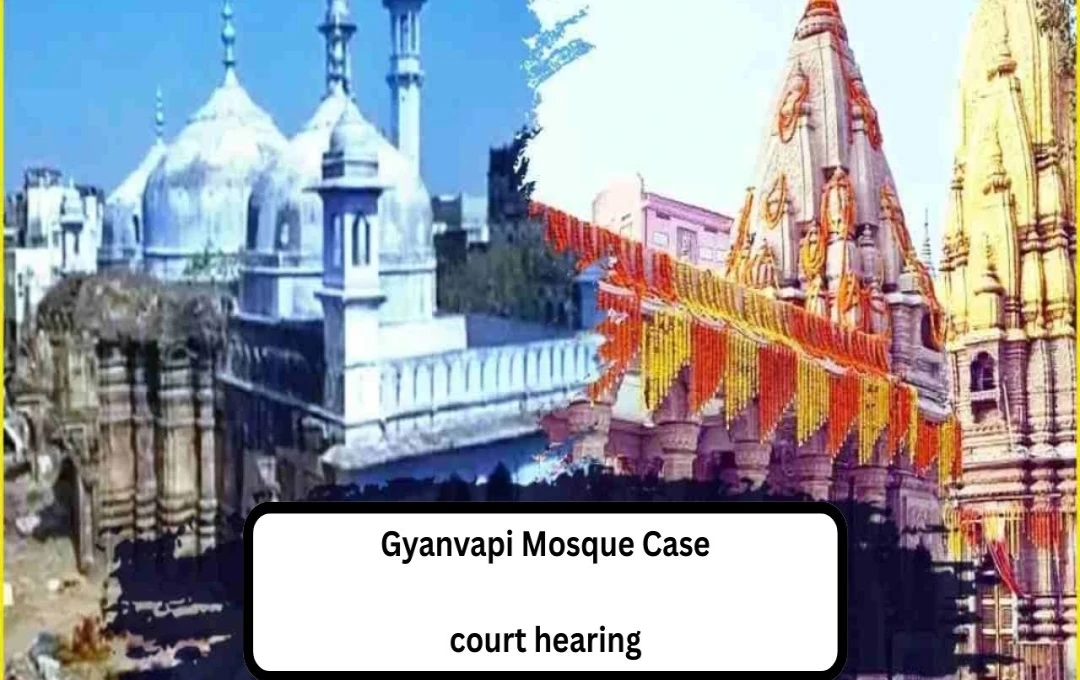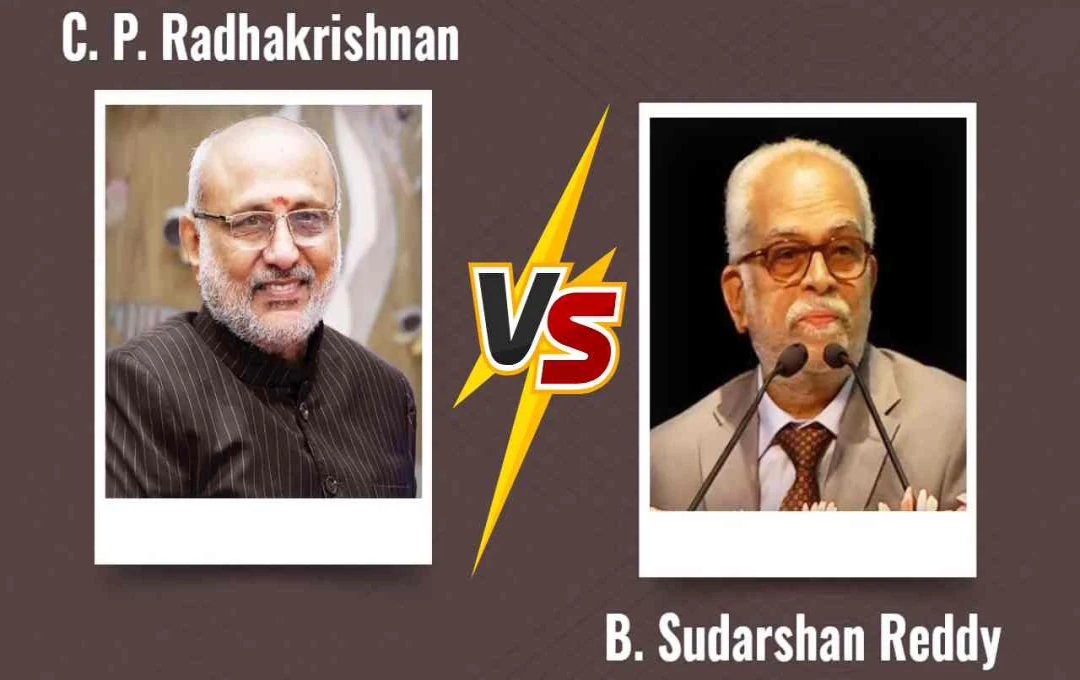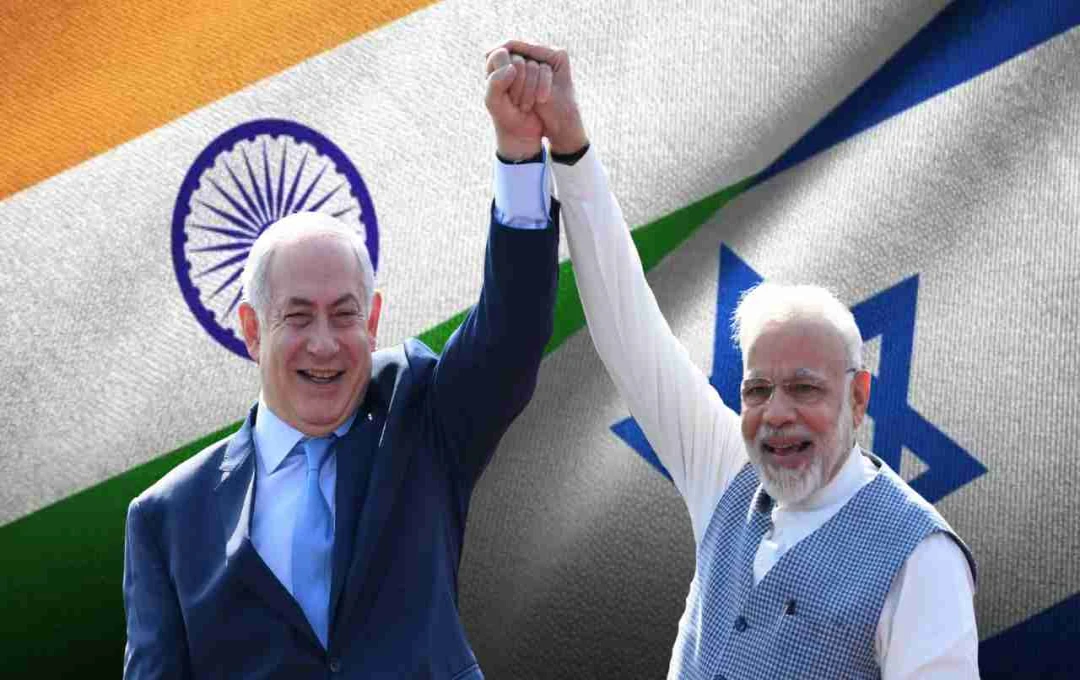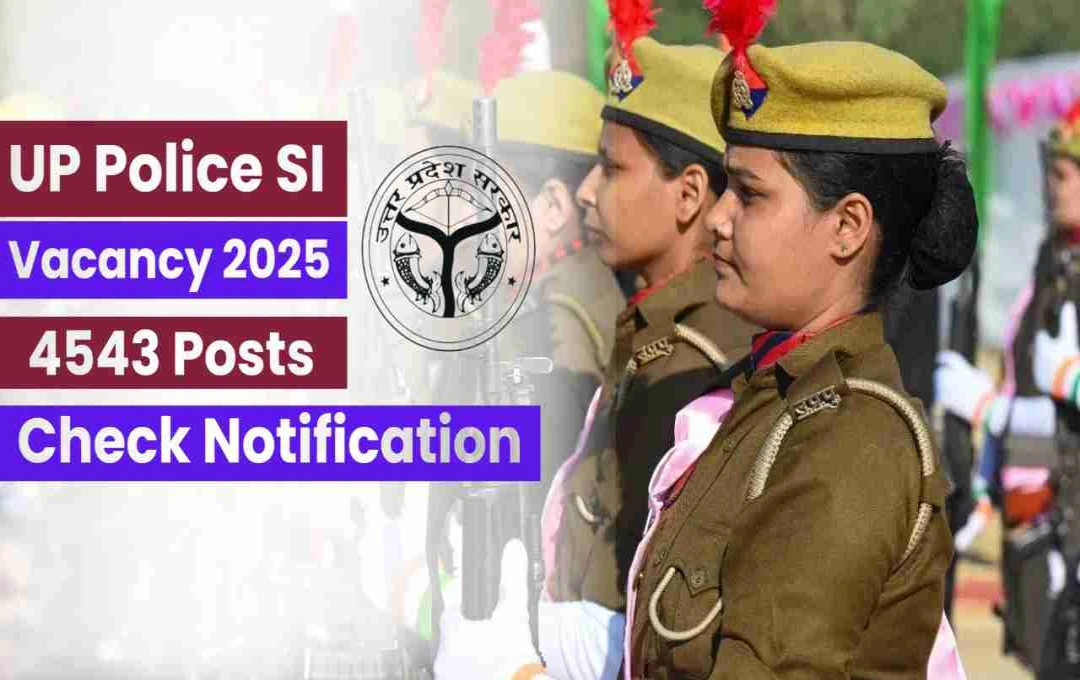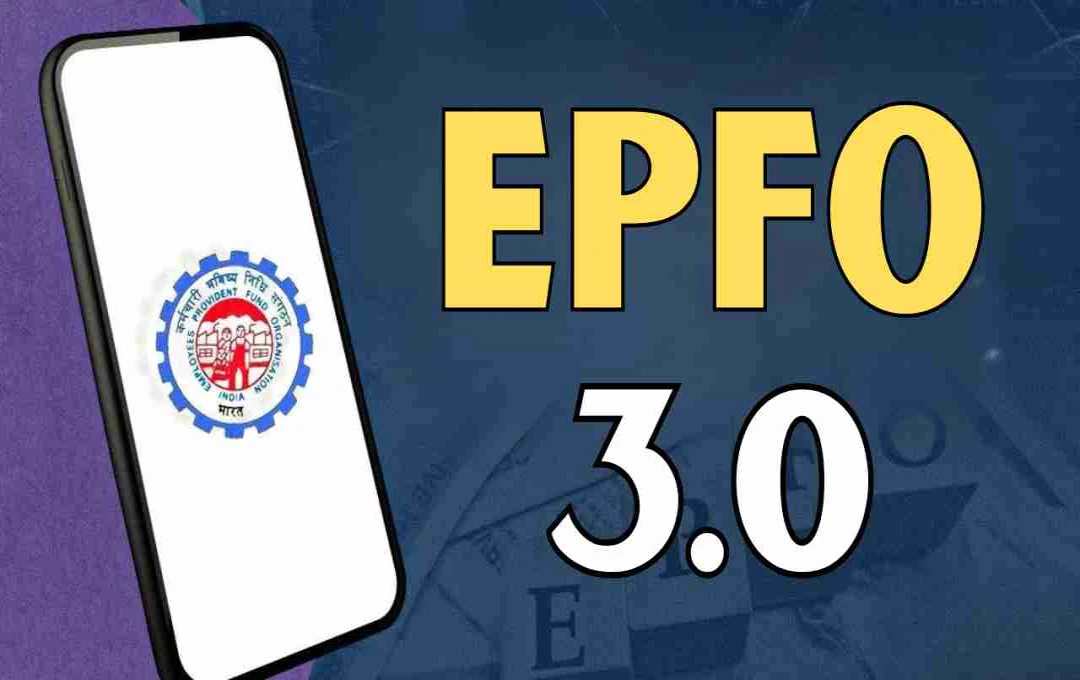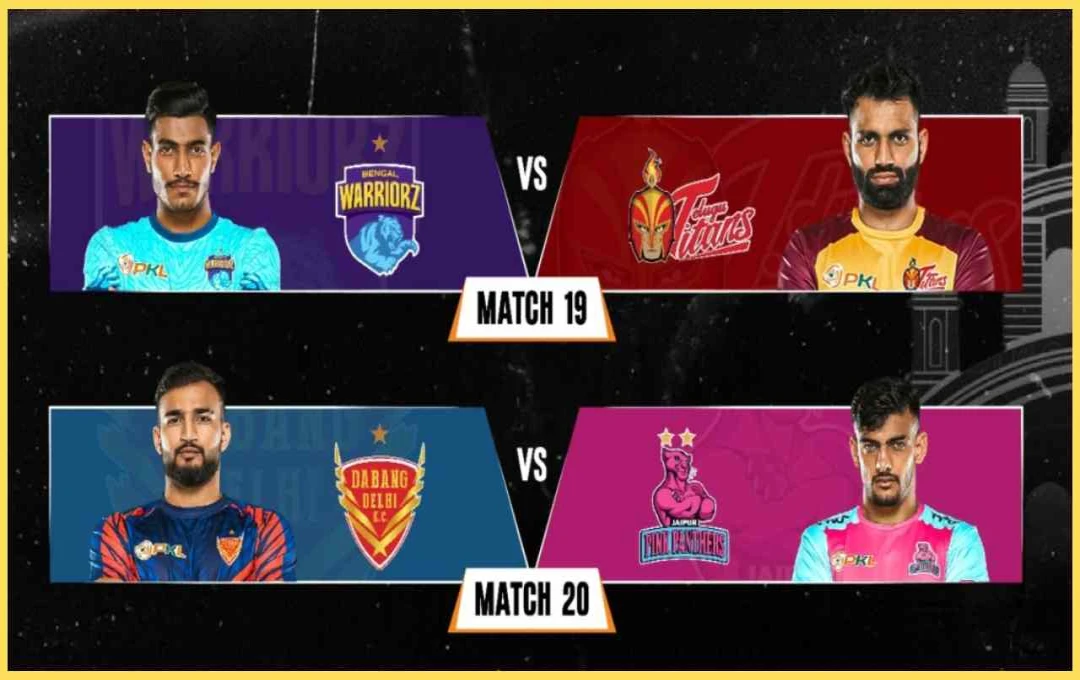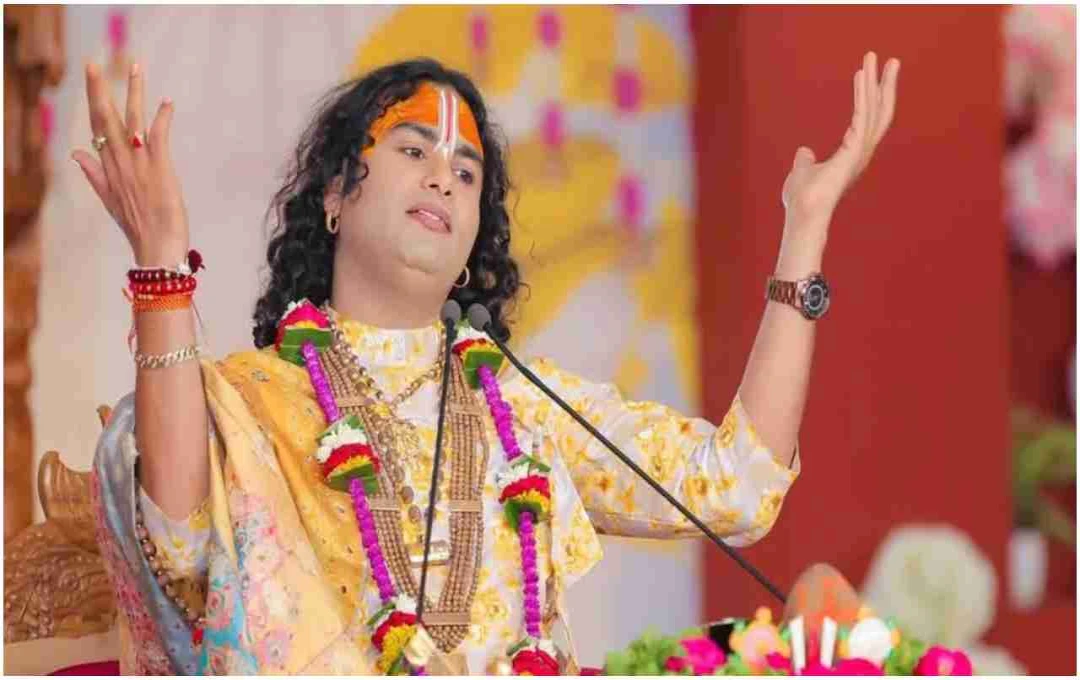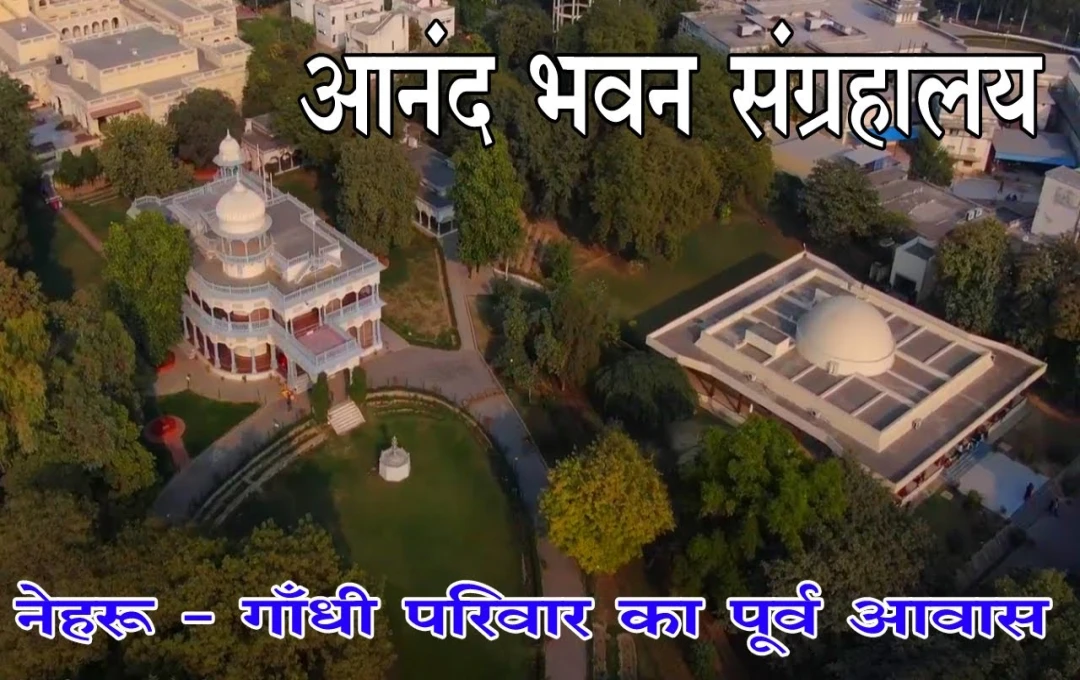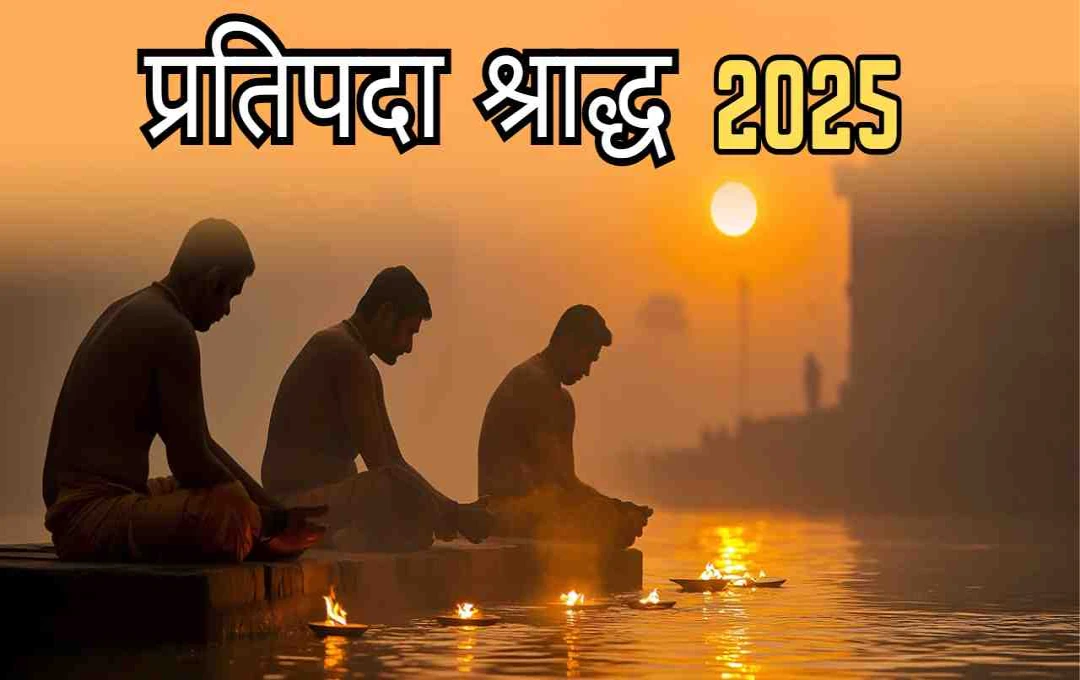A significant decision has emerged in the Gyanvapi case concerning a crucial lawsuit filed in 1991, which sought the construction of a new temple and the right for Hindus to perform worship.
Gyanvapi Case Update: A major development has occurred in the disputed 1991 case related to the Gyanvapi complex. The court has dismissed a petition seeking to remove the friend of the court (also known as amicus curiae), Vijay Shankar Rastogi. Civil Judge (Senior Division Fast Track) Bhavna Bharti's court made this decision, clarifying that there is no provision for filing a second petition in the continuation of a previous one.
This decision came on the petition filed on May 31, 2025, by the three daughters of Harihar Pandey. They had requested the removal of the friend of the court on the grounds that Vijay Shankar Rastogi is an office bearer of a private trust and is therefore not suitable to represent the general Hindu public.
What is the Background of the Gyanvapi Case?

The Gyanvapi complex is located in Varanasi and has long been the center of a Hindu-Muslim religious dispute. In 1991, a petition was filed seeking the construction of a new temple within the Gyanvapi complex and granting the Hindu community the right to worship. Harihar Pandey was a plaintiff in this lawsuit, and after his demise, his three daughters are now pursuing the case.
Why Was the Removal of the Friend of the Court Sought?
On May 31, 2025, a petition was filed in the court by lawyer Ashish Kumar Srivastava. It argued that Vijay Shankar Rastogi is associated with a private trust and, therefore, cannot fulfill the role of a friend of the court in a public interest litigation. The petition also stated that a private trust can only be a party in matters related to its own property, whereas this lawsuit is related to the religious rights of the entire Hindu community. Therefore, the daughters of Harihar Pandey should be considered the natural and appropriate parties.
The court dismissed these arguments, stating that there is no legal provision for filing a second petition in the continuation of a previous one. Since both petitions were filed within the same chain, they cannot be considered maintainable. On this basis, the petition to remove the friend of the court, Vijay Shankar Rastogi, was rejected, and he was retained as the friend of the court in the case.
